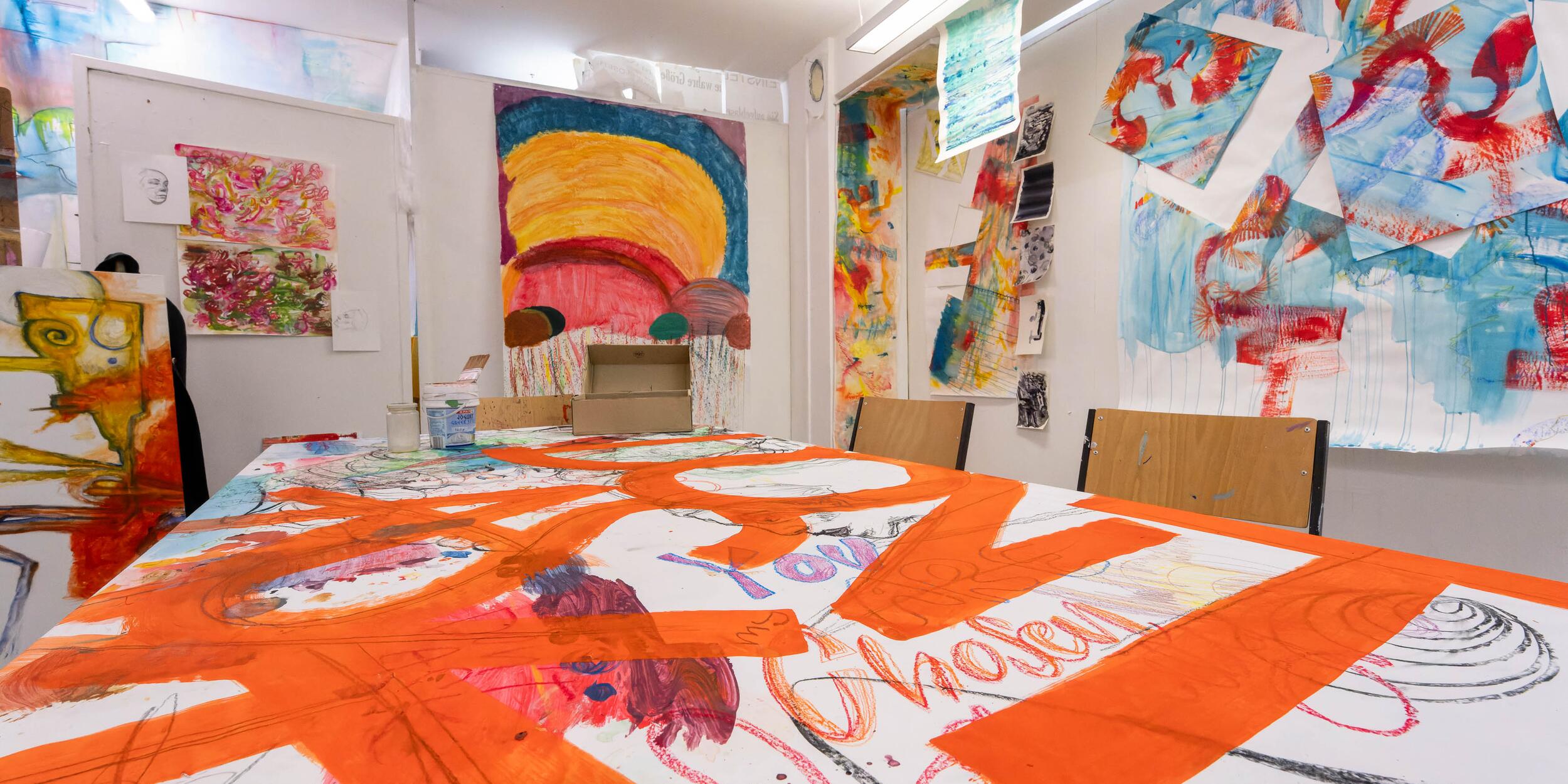FWF funding for ‘Joint Aesthetic Judgments’

Great success for the Mozarteum University: The FWF (Austrian Science Fund) is funding the project ‘Aesthetic judgement in community’ by Iris Laner with 485,430 euros. The individual project is dedicated to the role of the community in art education theory, school practice and education policy and is being carried out in collaboration with partners from the universities in Cologne, Siegen, London, Winneba and Exploring Visual Cultures network (EVC).
Project management
Iris Laner, Department of Fine Arts Design
Project partners
Torsten Meyer (University of Cologne), Gabriele Weiß (University of Siegen), Patrique Degraft-Yankson (University of Education, Winneba), Nicole Brown (University College London), Ernst Wagner (Exploring Visual Cultures network (EVC))
Funding organisation
FWF
Disciplines
Educational sciences, philosophy, ethics, religion
Duration
from July 2025 (36 months)
It is based on the observation that personal perception and the ability to express oneself are at the centre of art lessons at school, while little attention is paid to collective engagement. Especially when it comes to judgement, the individual perspective seems to be without alternative. If we consider that judgement is a communicative act that is directed towards others, the strong focus on the individual is particularly striking. ‘Aesthetic Judgement in Community’ questions this focus by tracing the theoretical and practical approaches to aesthetic judgement back to traditional Western ideas that continue the ideal of a reason-centred enlightenment. It examines the school as a place where community is central, but where even such essential interpersonal practices as judgement are individualised and students are thus separated from one another. In order to confront this paradox of a place of community that represses communality in favour of performance-oriented individualisation, the project explores existing practices in standard lessons, questions the implicit theories and develops new ways in which people can experience aesthetic artefacts and situations together in a participatory way with pupils and come to meaningful judgments about them together. In the process, an idea of community is developed that is not aimed at uniformity, but at the joint action of heterogeneous actors.